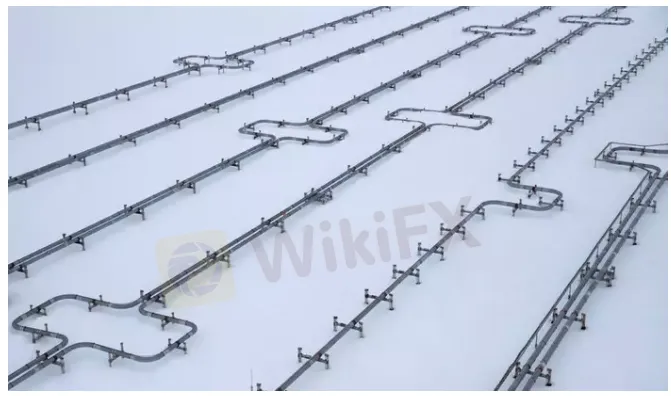简体中文
繁體中文
English
Pусский
日本語
ภาษาไทย
Tiếng Việt
Bahasa Indonesia
Español
हिन्दी
Filippiiniläinen
Français
Deutsch
Português
Türkçe
한국어
العربية
Russian demand for rouble gas payments would be breach of contract, EU leaders say
Abstract:Leaders from some European Union member states said on Thursday Russias demand that “unfriendly” countries use roubles to buy for its oil and gas could breach supply contracts.

President Vladimir Putins demand on Wednesday for rouble payments sent European gas prices surging and added to concerns over supply disruptions in the EU, which gets about 40% of its gas from Russia.
Germany and Italy said the move may breach energy supply contracts. German chancellor Olaf Scholz said the currency German companies must pay for Russian fossil fuels was fixed in their contracts.
“There are fixed contracts everywhere, with the currency in which the deliveries are to be paid being part of these contracts… in most cases it says euros or dollars,” Scholz said on his arrival to an EU summit in Brussels on Thursday.
That was echoed by Italian Prime Minister Mario Draghi. “This is basically a breach of contract, this is important to understand,” he said.
European Commission President Ursula von der Leyen agreed, and said the move was an attempt to circumvent EU sanctions against Russia.
“We will not allow our sanctions to be circumvented. The time when energy could be used to blackmail us is over,” she said.
Payments in roubles would shore up the Russian currency which has plummeted since the Feb. 24 invasion. Putins speech lifted the rouble 9% against the dollar on Wednesday.
Analysts said rouble payments would be possible without breaking EU sanctions, which do not directly hit oil and gas supplies but target banks that could be involved in rouble transactions.
Russias main gas exporter Gazprom has more than 40 long-term gas agreements with European counterparties, with Europe paying hundreds of millions of euros per day to Moscow for fossil fuels.
According to Gazprom, around 97% of its gas sales to Europe and other countries as of Jan. 27 were settled in euros or U.S. dollars.
A disruption to Russian oil and gas imports would hit some EU countries harder than others. Germany, Europe‘s biggest economy and energy consumer, receives 18% of Russia’s gas exports and 11% of its oil.
Lithuanian President Gitanas Nausėda said he was “not scared” by Putins demand, since Latvia does not import Russian crude oil and could replace Russian gas with liquefied natural gas from elsewhere.
“Nobody will pay in roubles,” Slovenias Prime Minister Janez Jansa said.

Disclaimer:
The views in this article only represent the author's personal views, and do not constitute investment advice on this platform. This platform does not guarantee the accuracy, completeness and timeliness of the information in the article, and will not be liable for any loss caused by the use of or reliance on the information in the article.
Read more

WikiEXPO Dubai 2024 will take place soon!
2 Days Left!

WikiEXPO Dubai 2024 is coming soon
3 Days Left!

WikiEXPO Dubai 2024 is set to open!
4 Days Left

7 Days Left!WikiEXPO Dubai 2024 is about to make a stunning debut!
Seeing Diversity Trading Safely
WikiFX Broker
Latest News
What Makes Cross-Border Payments Easier Than Ever?
Trader Exposes Unethical Practices by STP Trading
Italian Regulator Warns Against 5 Websites
Currency Calculator


